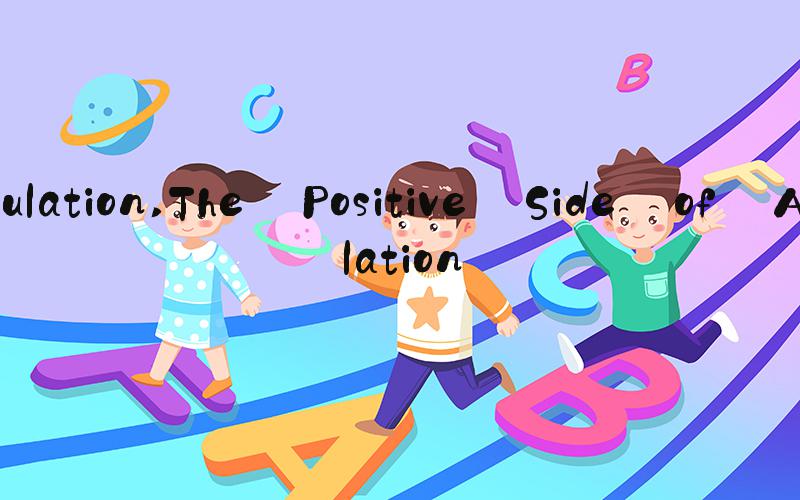
What is Accumulation and Why It Matters in Your Life
Accumulation is defined as the gradual process of adding something to a pile or collection over a period of time. It could be a physical object, like books or coins, or an intangible concept, like wealth or knowledge. Accumulation has a significant impact on our life, whether we are aware of it or not. In this article, we will explore the meaning of accumulation, its benefits and downsides, and how to best manage it.
The Positive Side of Accumulation
Accumulation can be a powerful force for good if we use it wisely. By gradually adding to our collection, we build up a reserve that we can draw upon in times of need. For example, if we accumulate savings, we can use it to weather financial storms or take advantage of opportunities that come our way. Similarly, if we accumulate knowledge through reading, studying or personal experiences, we can deepen our understanding of the world and make better decisions in various areas of our life.
Accumulation can also contribute to our sense of identity and purpose. Many people take pride in their collection of objects or achievements, which reflect their personality and values. Accumulating a good reputation or a legacy can give us a sense of meaning and fulfillment that lasts beyond our lifetime. Additionally, accumulation can be a creative and pleasurable pursuit, as we discover new items or ideas and appreciate their beauty or usefulness.
The Negative Side of Accumulation
However, accumulation can also have some negative consequences if we are not careful. One of the most obvious downsides is clutter. When we accumulate too much of the same thing or items that we no longer use or appreciate, they can take up space, create mess, and become a burden to manage. Clutter can also affect our mental health and well-being, as it adds to our stress and anxiety levels.
Another downside of accumulation is the risk of fixation or attachment. When we become too invested in our collection, we may start to value it more than the people or experiences around us. We may spend too much time and resources on maintaining or expanding it, at the expense of our relationships, health, or personal growth. In extreme cases, we may develop hoarding disorder, which is a mental illness characterized by an excessive accumulation and inability to discard items.
How to Manage Accumulation
Given the benefits and risks of accumulation, it is important to learn how to manage it effectively. Here are some tips:
Set clear goals and priorities. Decide what you want to accumulate and why, and make sure it aligns with your overall values and aspirations.
Regularly review and declutter your collection. Get rid of items that no longer serve a purpose or bring you joy. Donate, sell, or recycle them if possible.
Practice mindful accumulation. Consider the quality, usefulness, and ethical implications of what you accumulate. Avoid impulse buys, overconsumption, or supporting harmful practices.
Seek support if you have difficulty letting go of items or controlling your accumulation. Consulting a professional organizer, a therapist, or a support group can help you overcome hoarding or other related issues.
Overall, accumulation is a complex and multifaceted concept that can greatly influence our wellbeing and happiness. By understanding its nature and effects, we can make more conscious and intentional choices about what we accumulate and how we manage it.

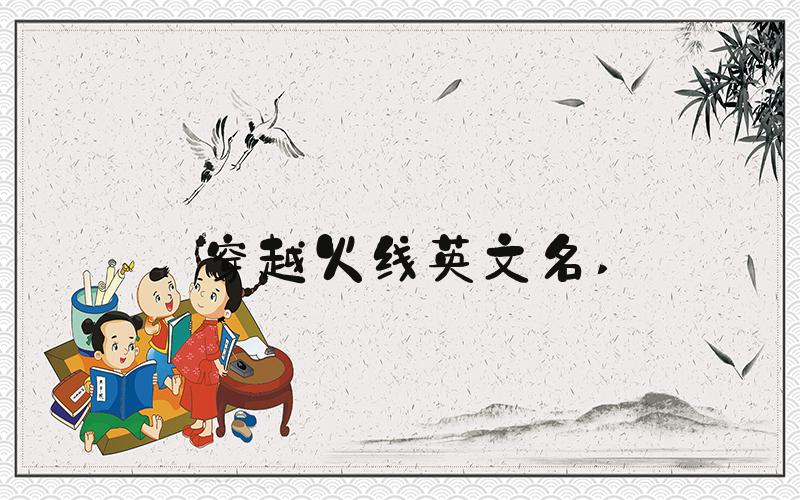
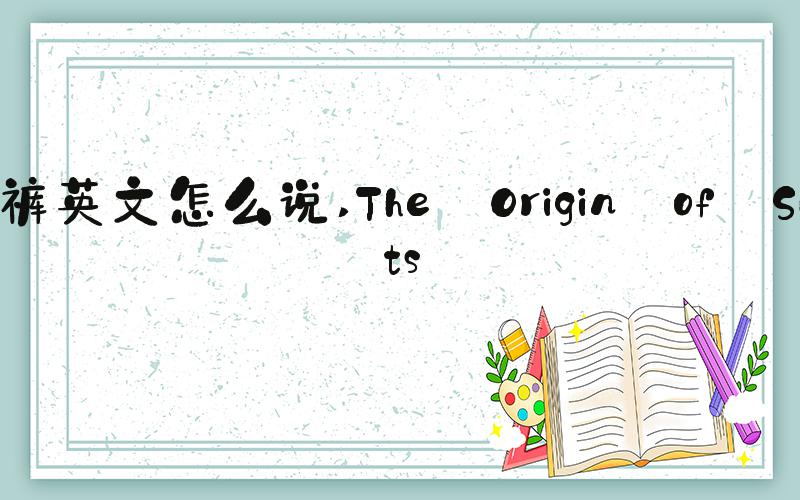
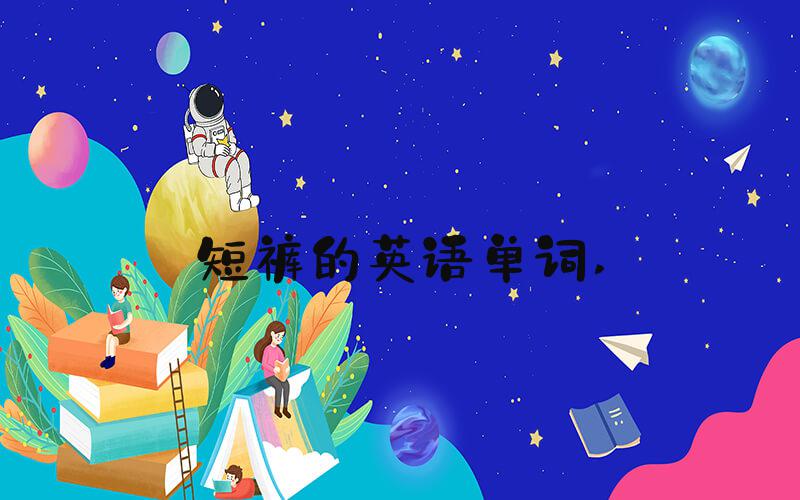

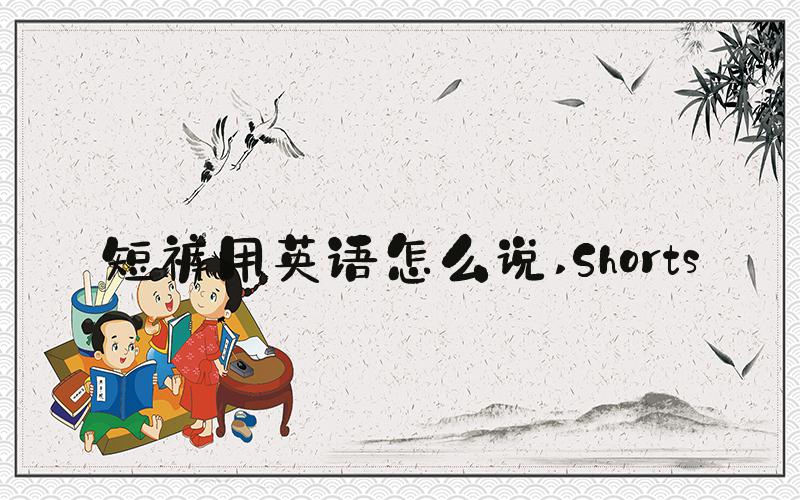
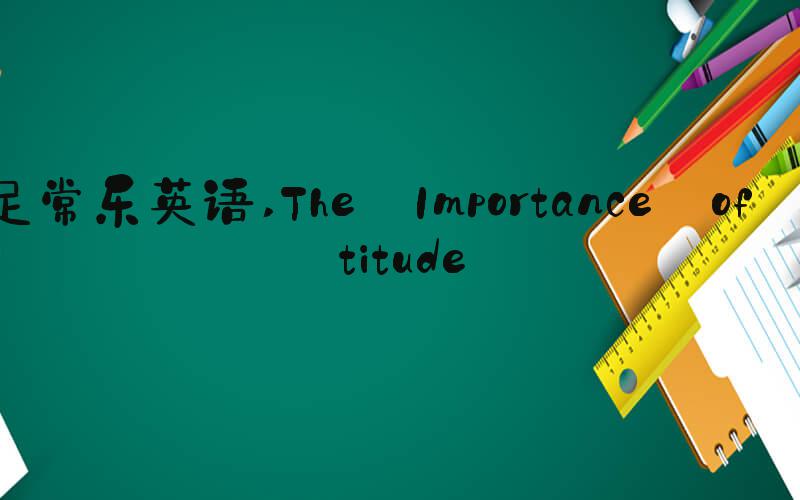
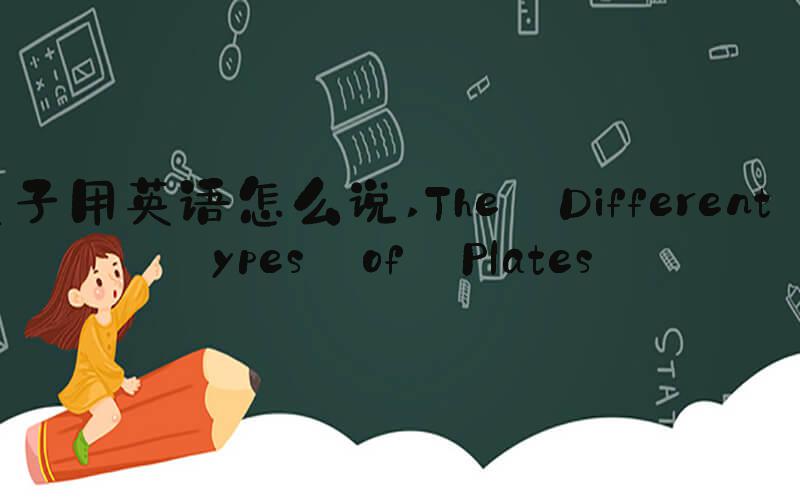

暂无评论
发表评论